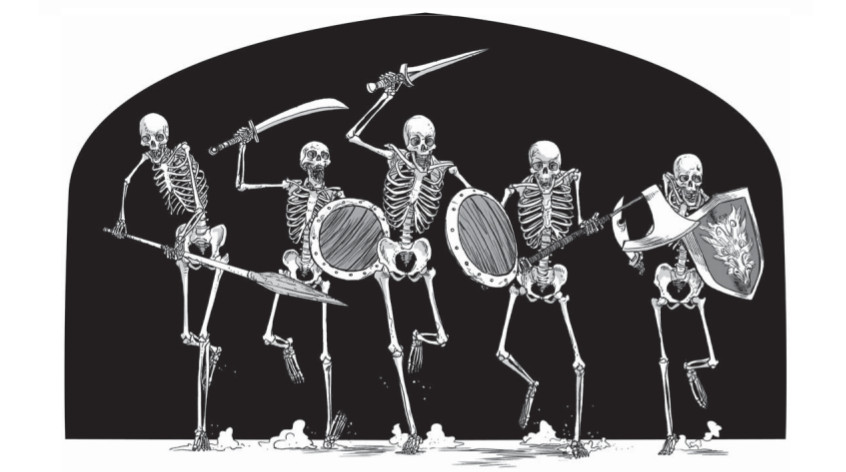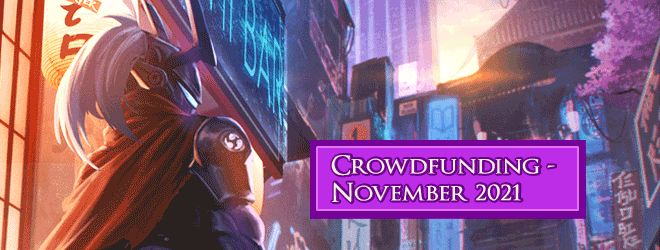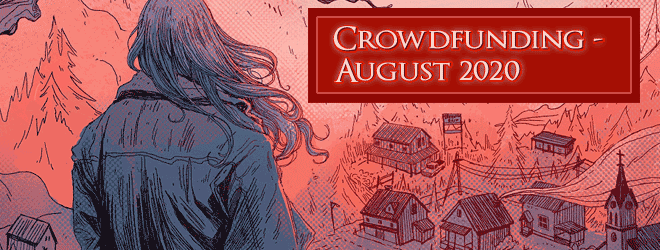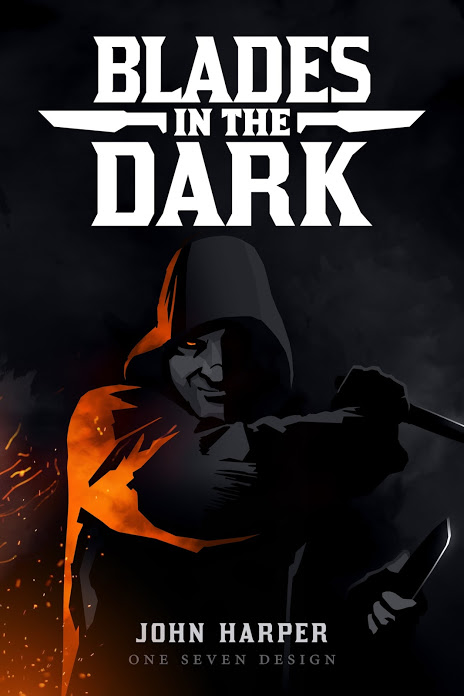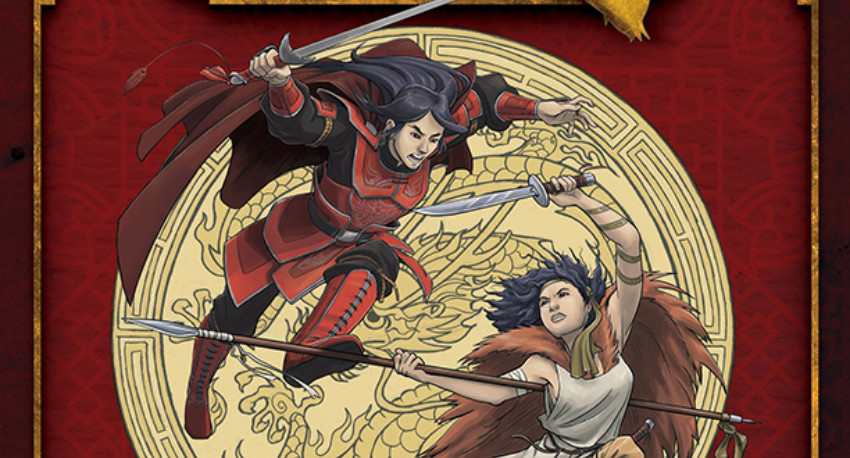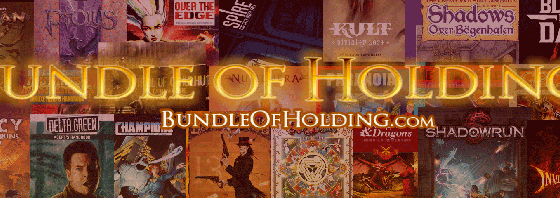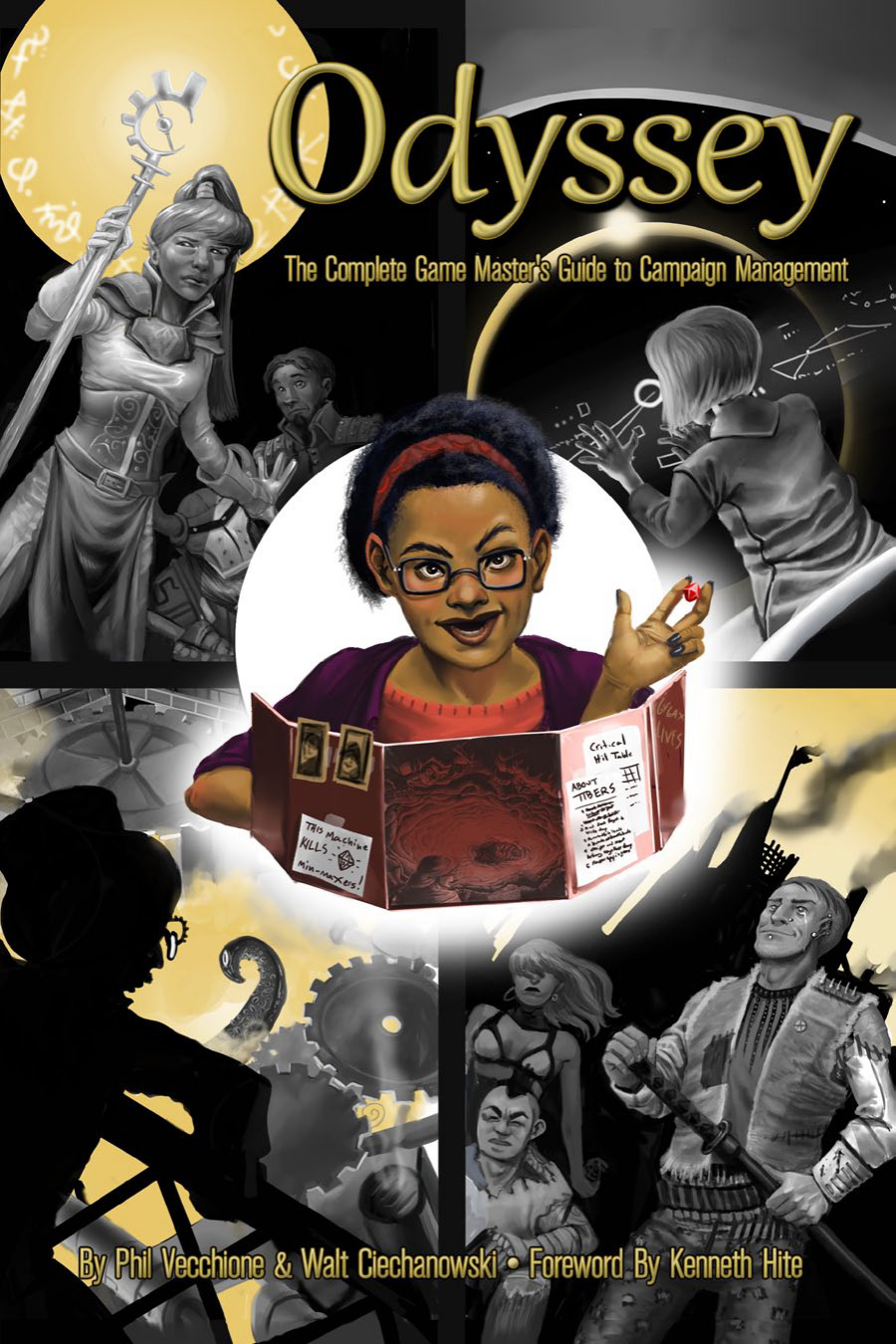From Burning Wheel, makers of Mouse Guard and the Burning Wheel system, Thor Olavsrud and Luke (Burning Wheel) Crane bring you Torchbearer, a potent combo of old-school dungeon crawling, indie gameplay, and bracing rigor. For just a few more hours, you can get Torchbearer as a bonus title in the Bundle of Holding’s Indie Cornucopia +2.
Torchbearer is a harsh game of tough decisions and hard consequences, and it never apologizes. Your pack was ripped open in the last conflict, destroying all your supplies? Too bad. That last expedition didn’t bring much, and now you have to sleep on the streets through winter? Live with it — or don’t.
But it’s not all poor luck and punishment. Torchbearer also gives players the tools they need to proactively challenge obstacles, and it rewards roleplaying.
Turn, turn, turn….
Compared to Luke Crane’s earlier games, Torchbearer is a bit more complex than Mouse Guard but not as involved as Burning Wheel. Torchbearer is all about dice pools and turns. In any test, whether battling an orc or just paying your tavern bill, you roll your stat or skill as a pool of d6s. Successes (4s, 5s, 6s) count against the target obstacle.
But Torchbearer die-rolling isn’t just a test of the character’s ability — it tests the player’s will. On an expedition, you only roll when you absolutely have to. Whenever you roll the dice, time advances, and time, or more accurately turns, are a scarce and valuable resource. The backbone of Torchbearer is resource management. Time, supplies, money, lighting, even the characters’ physical reserves are all resources that are relentlessly used up, turn by turn, and must be replenished. After a few turns, your light sources start to go out, and characters get “conditions” like Hungry and Thirsty. If you don’t remedy these conditions promptly, the unstoppable advance of time makes them worse and harder to treat.
As you play the game, you become savvier about resource allocation — in a sense, players and characters are leveling up together. In most situations it’s to your advantage to talk things out, and not reach for the bones until absolutely necessary.
Encouraging roleplaying
In Torchbearer, roleplaying is a vital part of the experience, and not just for fun. Roleplaying — even when it results in poor decision-making on your character’s part — gives you points you absolutely need.
- Earn checks by using your character’s traits against them. Checks allow you to rest up at camp.
- Earn fate points and persona points for various roleplaying achievements. For example, you can earn a fate point when you follow your beliefs or use an instinct to the party’s benefit. Earn a persona point for achieving your quest goal or being a good team player.
- Use your persona and fate points to add bonus dice or get re-rolls.
- Spending points is also the only way to level up!
Long-term play in Torchbearer
Play in Torchbearer occurs in three distinct phases: Adventuring, Camp, and Town. Camp and Town are downtime for both characters and players. Spend checks in camp to recover for tomorrow, or spend resources in town to stock up for your next adventure. While in town, you accumulate bills, and you’re expected to settle up before you leave. If you don’t have the funds, better get out before the collectors send their thugs…
After a few full adventures in the summer, winter comes on. It’s a bad time to go out exploring, and most parties choose to hunker down in town. As in Mouse Guard, characters age over the winter, shed old traits and get new ones, remember fallen comrades, and more. If you make it to winter, congratulations.
Like other Burning Wheel designs, Torchbearer is most fun and gratifying across a long campaign, ten sessions or more. Becoming a good player takes time, as does building your adventurer into a force to be reckoned with. If you’re easily frustrated or a defeatist, this game might not be for you. But if you love a challenge and enjoy resource management, you’ve got to try Torchbearer. It’s a bonus title (for just a few more hours) in the Indie Cornucopia +2!
